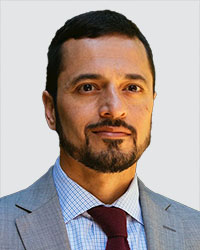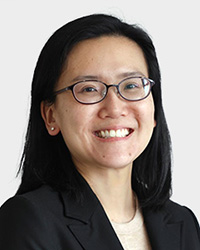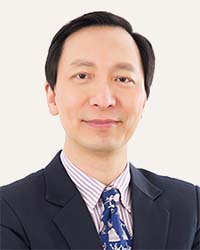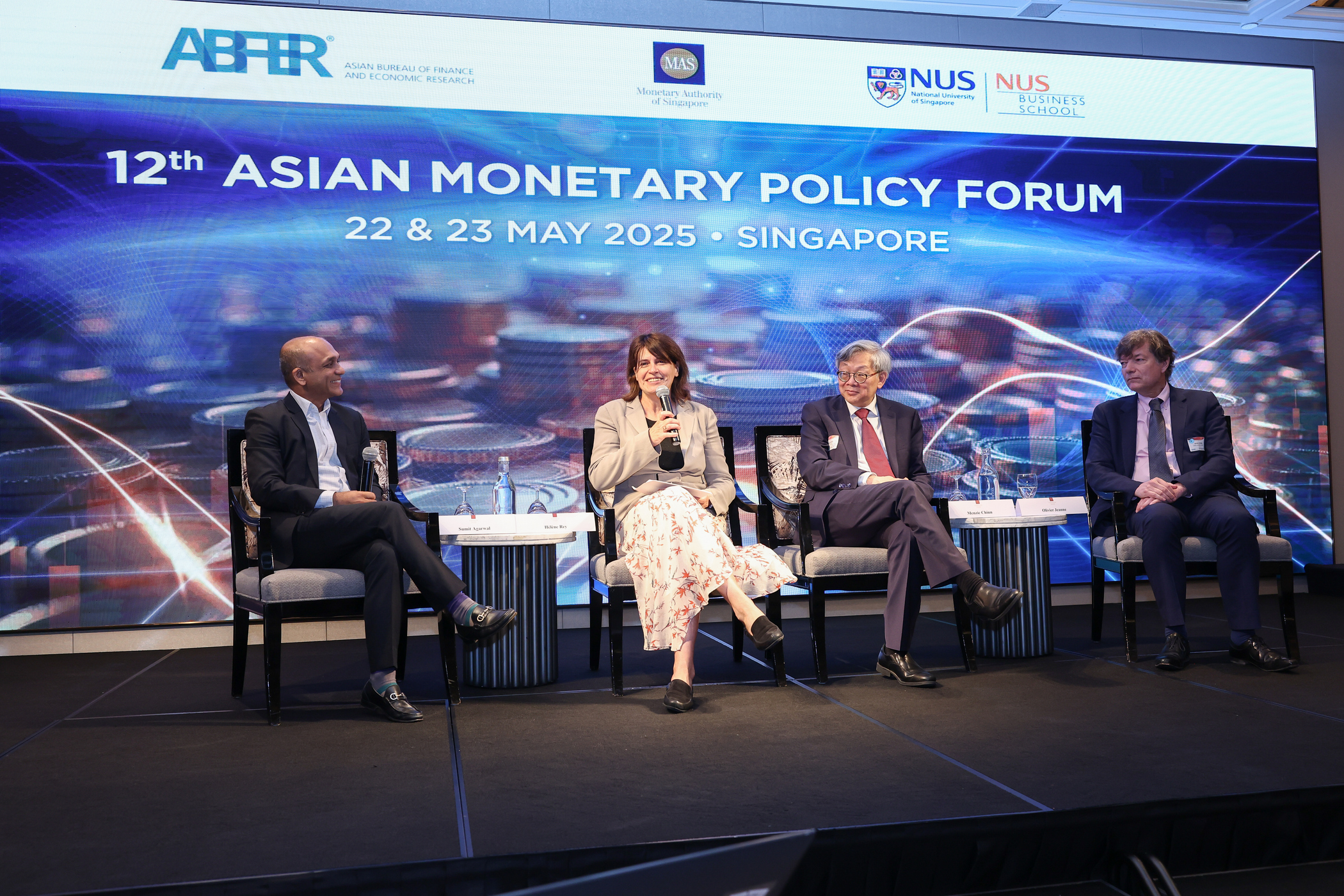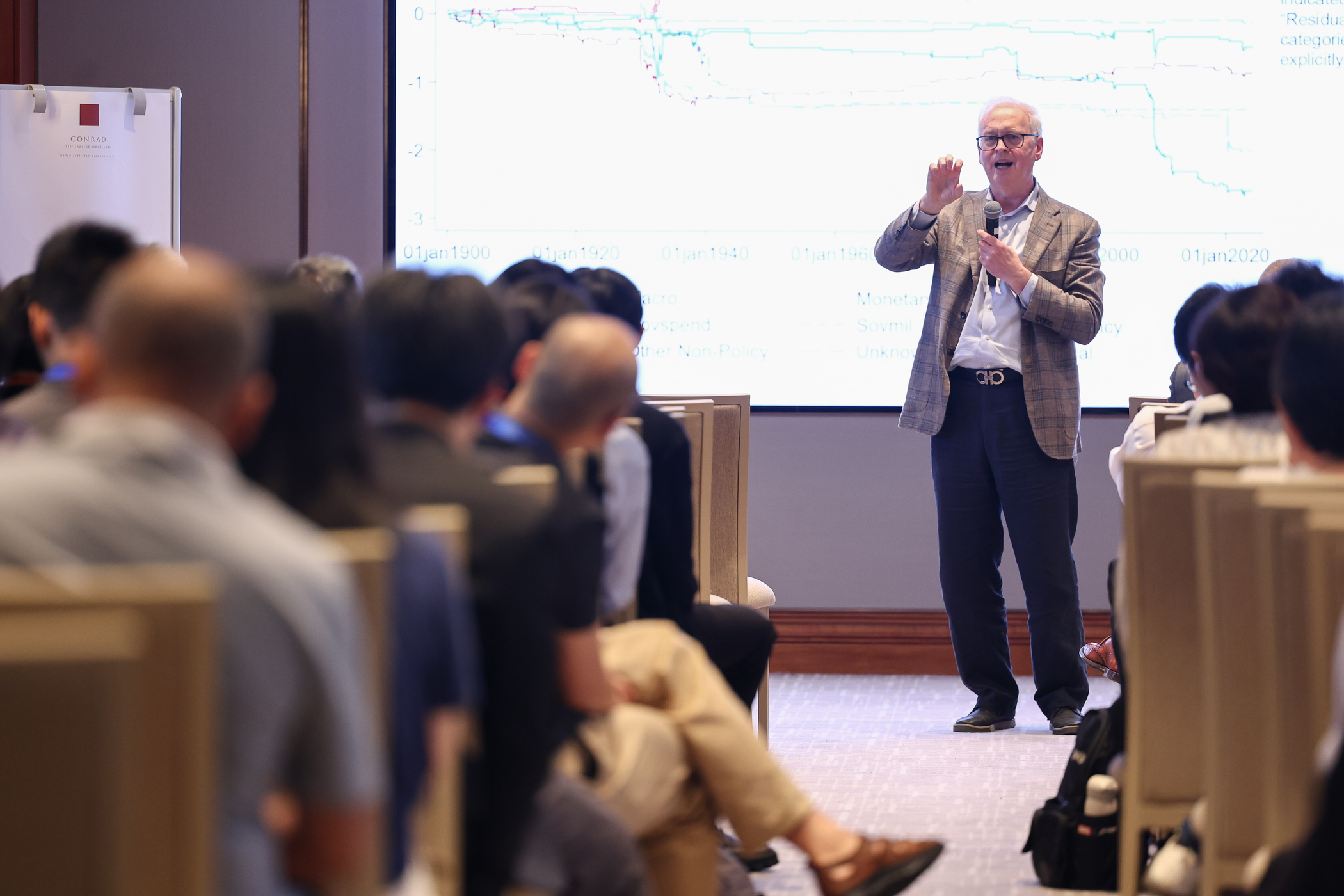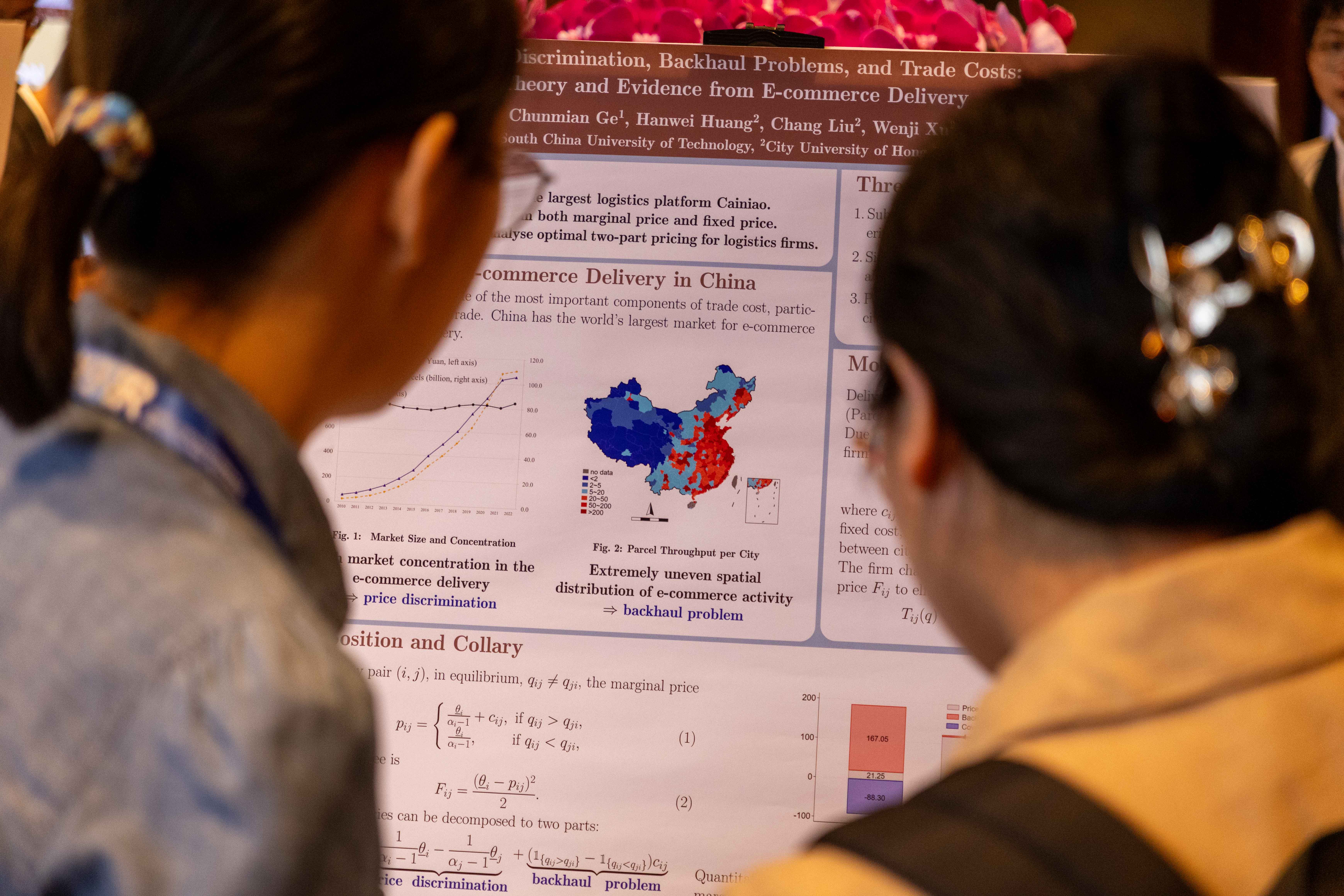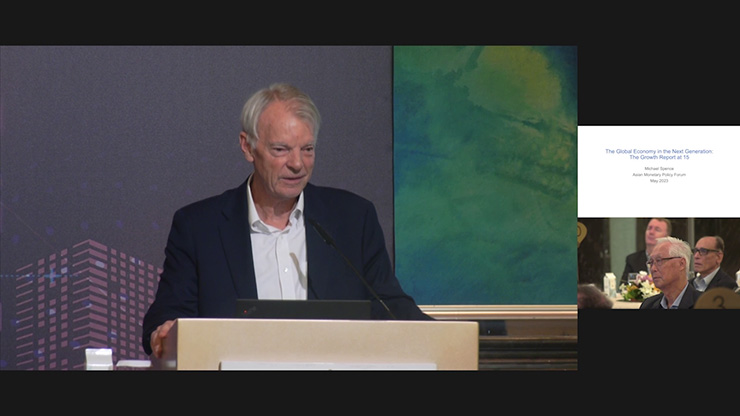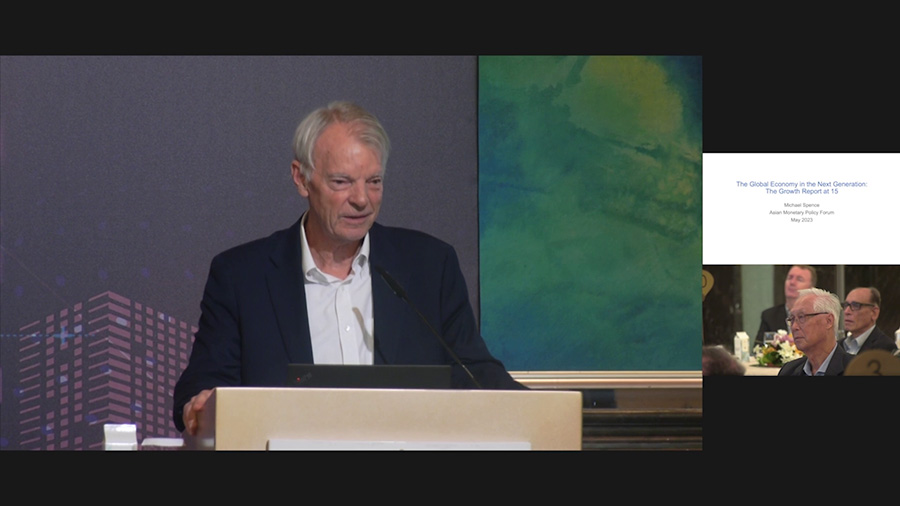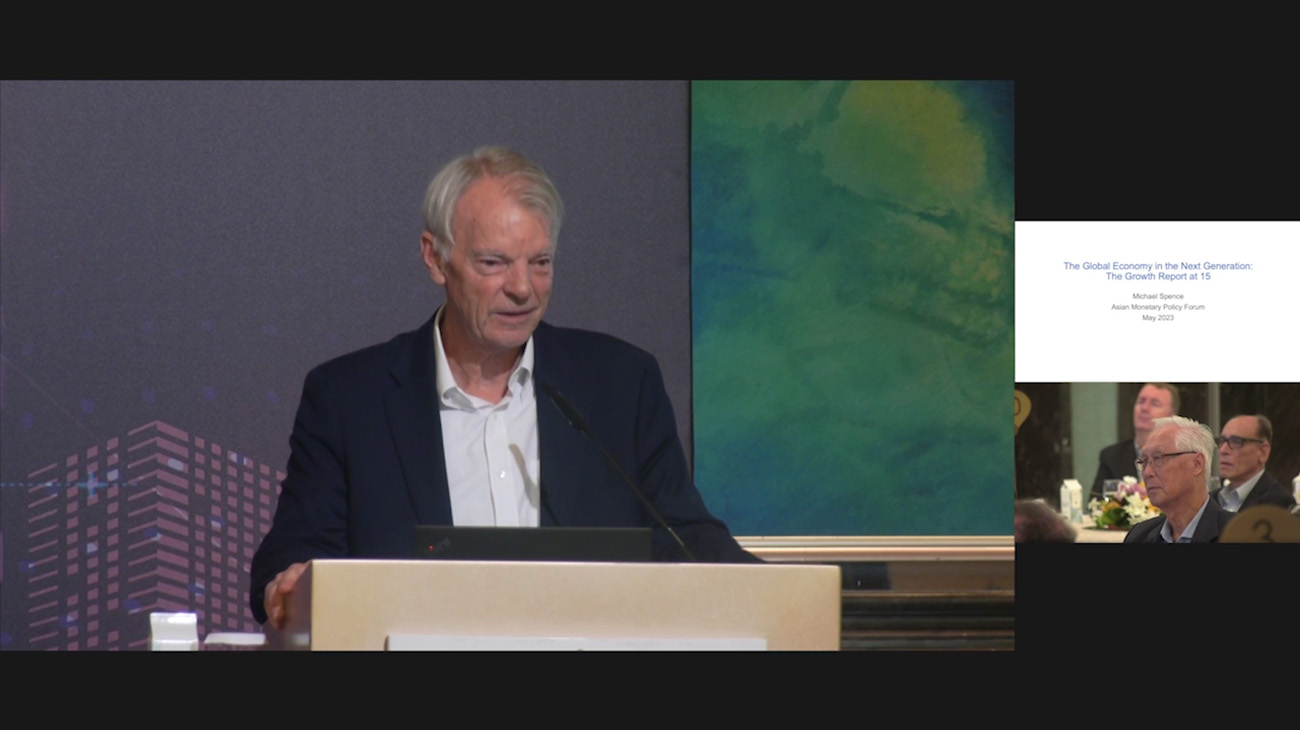Low Tuck Kwong Distinguished Professor, HOD Real Estate, Managing Director, Sustainable and Green Finance Institute, National University of Singapore and Senior Fellow of ABFER
Sumit Agarwal is the Low Tuck Kwong Professor at the School of Business and Professor in the departments of Economics, Finance and Real Estate at the National University of Singapore. Previously, he held positions as a Professor of Finance at Georgetown University, senior financial economist in the research department at the Federal Reserve Bank of Chicago and a senior vice president and credit risk management executive in the Small Business Risk Solutions Group of Bank of America.
Dr. Agarwal's research interests include issues relating to financial institutions, household finance, behavioral finance, international finance, real estate markets, urban economics and capital markets. He has published over eighty research articles in journals like the American Economic Review, Quarterly Journal of Economics, Journal of Political Economy, Journal of Finance, Journal of Financial Economics, Review of Financial Studies, Management Science, Journal of Financial Intermediation, Journal of Money, Credit, and Banking among others. Additionally, he has co-written a book titled Kiasunomics and co-edited a collected volume on Household Credit Usage: Personal Debt and Mortgages.
He is the co-editor of Real Estate Economics and an association editor at Management Science and Journal of Financial Services Research. He writes regular op-ed’s in the Straits Times and Forbes and is featured on various media outlets like the BBC, CNBC, and Fox on issues relating to finance, banking, and real estate markets. Sumit’s research is widely cited in leading newspapers and magazines like the Wall Street Journal, The New York Times, The Economist, and the U.S Presidents Report to Congress. He also runs a blog on household financial decision making called Smart Finance.
Dr. Agarwal has won various prestigious awards like the Distinguished Alumni Achievement Award at the University of Wisconsin – Milwaukee, Outstanding Researcher Award at the National University of Singapore, the Paul Samuelson TIAA-CREF certificate of excellence, the Terker Family Prizes in Investment Research Award from the Wharton School of Business, the Glucksman Institute Research Award from New York University and grants from the Russell Sage Foundation and the NBER/Sloan Foundation.
Dr. Agarwal has been invited to present his research at many renowned universities such Columbia University, Northwestern University, University of California Berkeley, Johns Hopkins, Wisconsin, Minnesota, Maryland, as well as institutions and central banks namely the IMF, World Bank, European Central Bank, European Union, Dutch Central Bank, Riksbank, OCC, and the Federal Reserve Banks of Chicago, San Francisco, Atlanta, Boston, New York, and Philadelphia. He has consulted with the World Bank, Federal Deposit Insurance Corporation, OCC, the Reserve Bank of India and Bank of America.
He has also served as an adjunct professor and a scholar at the finance department at George Washington University, DePaul University, the Indian School of Business, HKUST, BIS and the World Bank. Agarwal received a Ph.D. in economics from the University of Wisconsin-Milwaukee.


